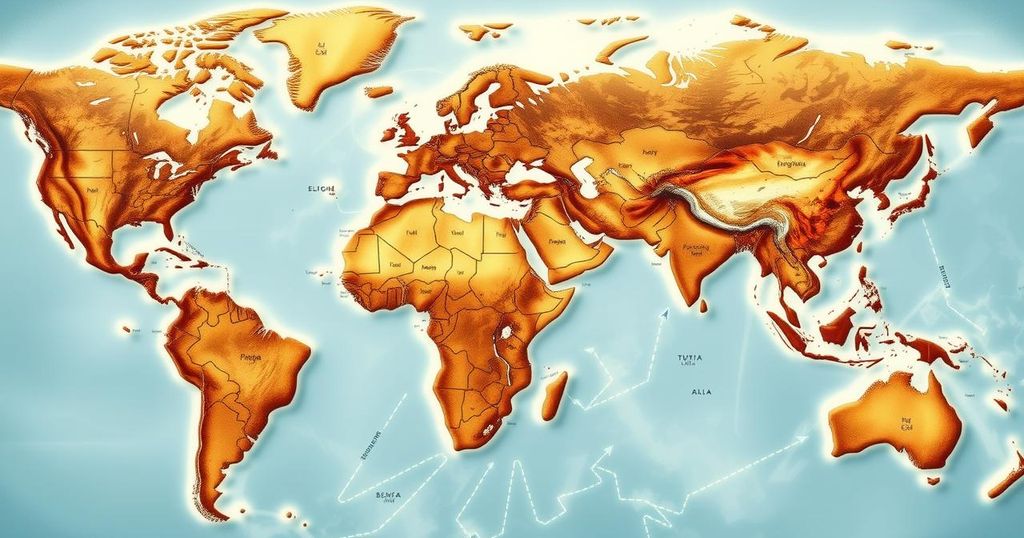Professor Steve Hanke has ranked Zimbabwe’s ZiG currency as the second worst in the world, having lost 50% of its value against the US dollar over the last ten months. The current trading rate on the black market reflects a dramatic decline from its introduction rate, pointing towards a lack of trust in the currency. The RBZ is focused on stabilizing the ZiG despite ongoing economic challenges.
Professor Steve Hanke, an esteemed economist, has classified Zimbabwe’s ZiG currency as the second most devalued currency globally, trailing only Venezuela’s Bolivar. His findings indicate that within the last ten months, the ZiG has depreciated by 50% against the US dollar due to ongoing inflationary pressures. In comparison, the Bolivar has decreased by 52%, while the Iranian Rial and Ethiopian Birr have lost 24%.
Since its introduction at a rate of US$1 to ZiG2.50 last year, the ZiG’s value has plummeted, currently trading between ZiG33 and ZiG40 on the black market. This drastic loss in worth has been attributed to widespread distrust in the so-called ‘gold-backed currency’. Furthermore, Zimbabwe’s predominantly informal economy has hindered compliance with government regulations mandating the use of the official exchange rate of US$1 to ZiG26 for all businesses.
The Reserve Bank of Zimbabwe (RBZ) has recently expressed its dedication to stabilizing the ZiG. The currency’s volatility has been linked to the government’s inability to enforce its usage for essential services, such as fuel purchases and passport fees. At a recent gathering with the Tourism Business Council of Zimbabwe, RBZ governor Dr. John Mushayavanhu stated, “There are adequate use case scenarios for ZiG at the moment.”
In summary, Zimbabwe’s ZiG currency has experienced significant devaluation, ranking second worst globally according to Professor Steve Hanke. Its value has diminished by 50% against the US dollar, exacerbated by a lack of trust and compliance within the informal economy. The Reserve Bank of Zimbabwe remains committed to stabilizing the currency, although challenges persist regarding its use in critical transactions.
Original Source: www.newzimbabwe.com






